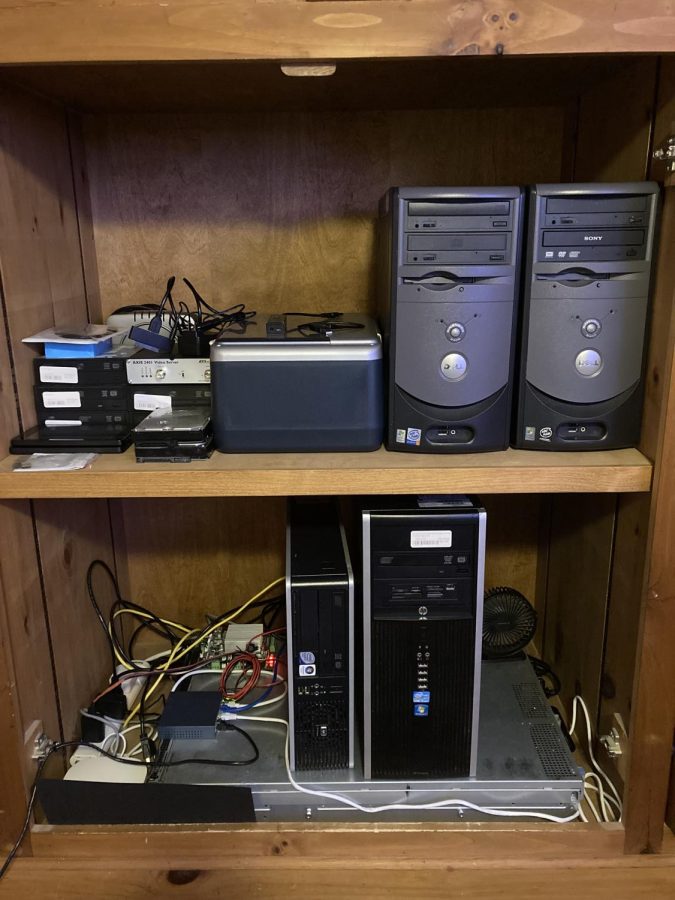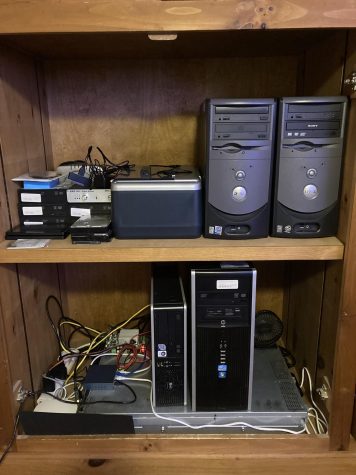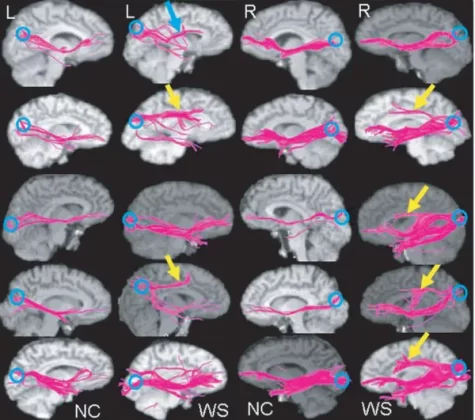In A Hurry?
In a rush? Feeling anxious?… But you have nowhere to be? Or are you so busy you have everywhere to be? Do you feel suffocated, trapped, or even physically nauseous at the thought of doing everyday tasks? If this sounds familiar you may be suffering from a phenomenon known as “hurry sickness.” Hurry sickness has been defined by Psychology Today as, “A behavior pattern characterized by continual rushing and anxiousness; an overwhelming and continual sense of urgency.” as well as, “A malaise in which a person feels chronically short of time, and so tends to perform every task faster and to get flustered when encountering any kind of delay.” Hurry sickness isn’t a physical or mental illness but rather a state in which a person feels distressed from the quick pace of contemporary life.
There are a number of causes for hurry sickness but one of the most pervasive causes is technology. Technology, i.e. computers, smartphones, etc., were created to make our lives easier and give us more leisure time. The effect of these devices has been to the contrary. Email, texting, and working from home programs have led to bosses assuming that employees should be contactable at all times and that they should bring their work home with them. It’s no surprise that many people struggle to have a work-life balance. These expectations can even be seen in the modern school system where students are expected to do work on snow days… not to mention the entire concept of homework which often eats into students’ mealtimes, sleep schedules, and general downtime.
Being in a constant state of hurry, especially that related to work or school, can lead to burn-out which is defined in the International Classification of Diseases as, “a syndrome conceptualized as resulting from chronic workplace stress that has not been successfully managed. It is characterized by three dimensions:
- Feelings of energy depletion or exhaustion;
- Increased mental distance from one’s job, or feelings of negativism or cynicism related to one’s job; and
- Reduced professional efficacy.
Burn-out refers specifically to phenomena in the occupational context and should not be applied to describe experiences in other areas of life.” These effects result in an overall depletion of quality of life which could be avoided.
Hurry sickness is quite clearly a systemic issue, and one that is inherently tied to capitalism and its associated productivity culture. However, there are things you can do to remedy hurry sickness. The first category of remedies comes in the form of attitude adjustments, try practicing gratitude and mindfulness and when you catch yourself rushing try to slow down. You can also alter your schedule to have more time buffers between everyday tasks. Try getting up earlier or arriving places five to ten minutes early. Staying connected to friends and family can help remind you of your priorities and goals. It’s also okay to miss an occasional phone call or to take a break.
In conclusion, Hurry Sickness is an issue that affects many and is often exacerbated by technology. It can often lead to burn-out and is characterized by taking shortcuts through your day, anxiety, a constant feeling of urgency, malaise, rushing through tasks, and being easily flustered. Hurry Sickness can lead to burn-out but this can be avoided by practicing gratitude and mindfulness, slowing down, changing your schedule, getting up early, and arriving places early. Hurry Sickness is a systemic issue tied directly to productivity culture but when you understand it, it’s all the more avoidable.
Your donation will support the student journalists of Point of Discovery School. Your contribution will allow us to purchase equipment and cover our annual website hosting costs.

Noah was born in Tomahawk and moved to Stevens Point in eighth grade. They’re now a senior at Point of Discovery School which they are grateful for having...


















